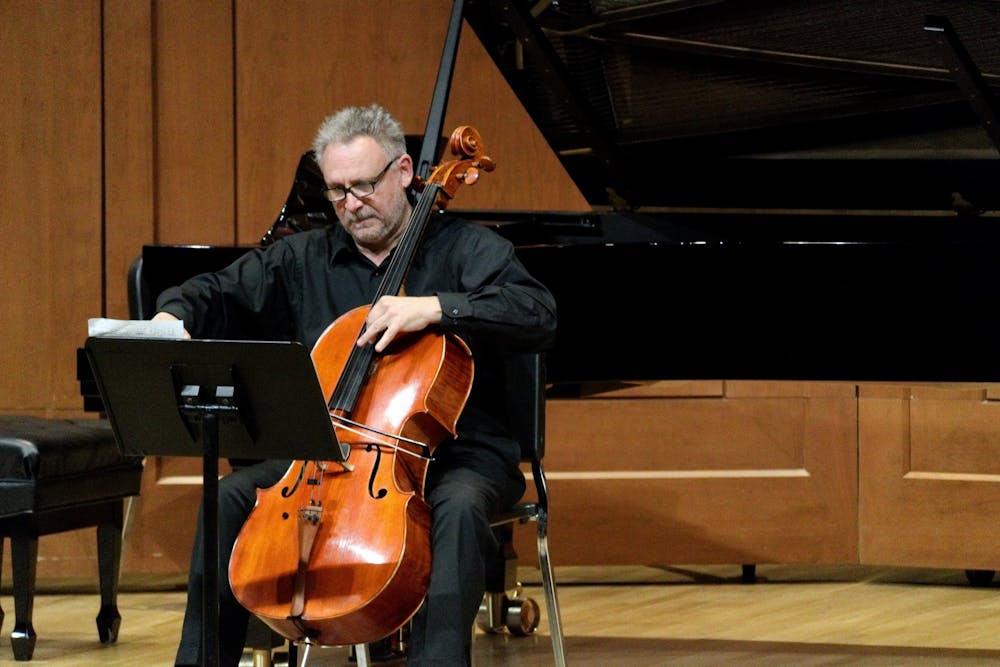Jeanne Fischer, a teaching professor in the music department at UNC, is giving a lecture on opera singer Madama Europa that will be accompanied by a recital featuring her music.
The Madama Europa lecture-recital is part of the 2020 North Carolina Historically-Informed Performance Festival with the Mallarmé Chamber Players. It will take place at various venues throughout the Triangle from Jan. 31 to Feb. 28.
This performance will be held at Person Hall on Feb. 4 at 7:30 p.m. Admission is free.
Fischer has an interest in early music before 1800 and Jewish studies and came across a reference to Europa Rossi, or Madama Europa, in her studies. Europa was the first recorded Jewish opera singer to achieve widespread fame.
Fischer said that little is known about Europa, likely because of her status as a Jewish woman in the 1600s, but that the difficulty of uncovering her story fascinated her more.
"My stereotype of a Renaissance Jewish woman would not have been that she was singing at the court of the highest prince in the land, so it's been interesting to research all the things we think she was doing,” Fischer said.
Madama Europa was the sister of Salamone Rossi, another well-known composer from the era. Fischer said the music does not particularly sound like opera.
Instead, it is unique in its genre and will be performed at the recital by herself and two recent UNC graduates, accompanied with historical instruments that would be unfamiliar to many onlookers.
UNC professor Brent Wissick will be playing the viola da gamba. He has taught both viola da gamba and cello at UNC since 1982 and believes he was chosen for the position in part for his knowledge of early instruments.



